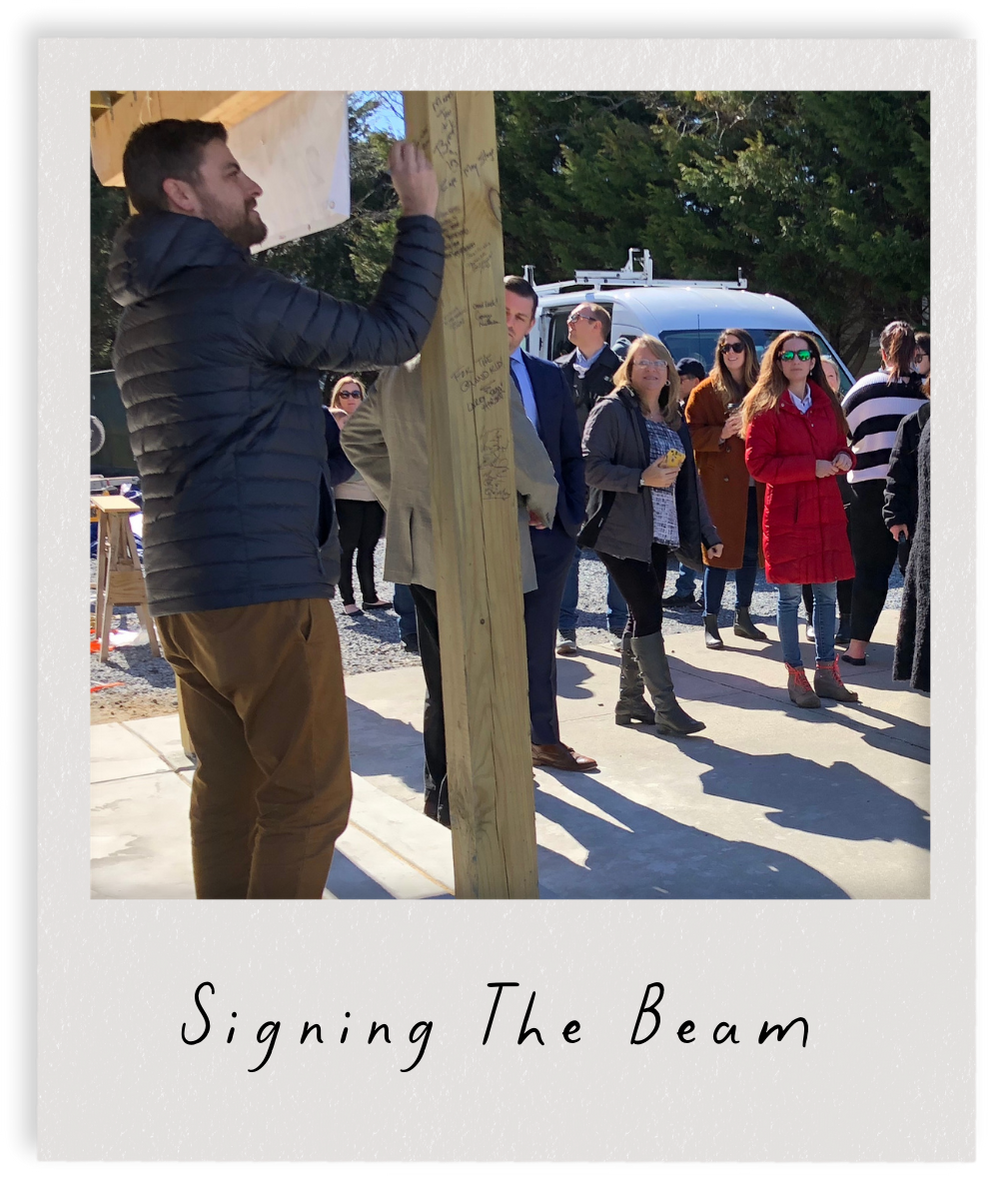
Make a left turn as you leave the Boarding House and you’ll quickly spot a little brick house on the corner of Lafayette and Jefferson. This is all that remains of a storied Cape May hotel that catered exclusively to African American guests in the early 20th century. The 50-room Hotel Dale, which included the Boarding House site in its footprint, was the largest and most prominent of five black-only hotels that existed on the island during the years of segregation. (To learn about the rest, and more, we recommend a self-guided walking tour from Center for Community Arts, based at the city library, just around the corner at 720 Franklin Street.) Brochures for the four-storey hotel touted “the comfort and elegance of its furnishings,” complete with “all modern improvements; mechanical and electrical.” The hotel was “centrally located on the highest point in Cape May Golf Club links.” Guests were assured that they could view the games “daily during the season from the veranda.” Here’s the catch: African Americans were barred from actually visiting Cape May Golf Club, which was situated on what is now city parkland.Hotel Dale remained in business until 1935 when owner Edward Dale, who also operated an opera house on the location now occupied by OceanFirst bank on Jackson Street, sold all of his Cape May properties and left the area. By the end of the following year, the hotel was razed by the city and the land was cleared.In 1963, the land that once held the hotel’s tennis courts was purchased by John Nash, a family friend of Dale’s. Nash and his wife Dolly, both teachers, built The Planter Motel on the property and ran it for 16 years. The name was inspired by Dolly’s great-grandfather, a Civil War hero called Robert Smalls. An enslaved man from Beaufort, South Carolina, Smalls was only 23 when he engineered a remarkable feat: in the midst of the Civil War, he commandeered a Confederate ship, The Planter, and delivered its 16 black passengers from slavery to freedom.News of Smalls’ exploits reached all the way to President Abraham Lincoln. Smalls traveled to Washington to meet with Lincoln, where he reportedly helped to persuade him to permit black men to serve in the army. Soon after the meeting, Secretary of War Edwin Stanton ordered 5,000 former slaves to fight for the Union. Smalls later became the first black man to be promoted to captain in the army.In the 1970s, the Nashes sold their motel to the McCorstin family, who operated it as Cape Winds Motel until its purchase by the Hirsch family in 2015. The family continued to operate the property as Cape Winds for three more years before undertaking an exciting renovation, in partnership with acclaimed Philadelphia company, DAS Architects. In June of 2019, the Boarding House opened its seafoam-colored doors to the public.Top: The USS Planter, a Confederate steamer heroically taken over by Robert Smalls (above), a slave and ship’s pilot. Below, the Planter Motel, a predecessor of the Boarding House, was inspired by Smalls, whose great-granddaughter Dolly Nash operated it with husband John (both pictured below). Above left: The Hotel Dale occupied the site of the Boarding House in the early part of the 20th century and was one of six black-only hotels in Cape May.









